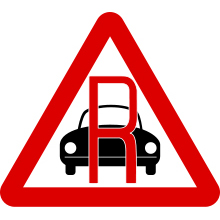Usage pricing was implemented in Singapore in the form of an Area Licensing Scheme (ALS) in 1975. Under the system, motorists were required to purchase licenses to enter a Restricted Zone (RZ). Consequently, the volume of cars entering Singapore’s Central Business District (CBD) decreased by 44% during the first year of the program’s implementation.
Electronic Road Pricing (ERP) was introduced in 1998 to replace the ALS because the system can better handle increased variability in traffic patterns. Payment rates under the ERP are based on local traffic conditions and time of day, and are reviewed for currency every three months.
Despite a 173% growth in vehicle population from 1975‐2005, usage pricing helped reduce CBD & city area traffic by an average of 35%. Lower traffic volume in the CBD reduces energy use by 700 ktoe, and saves the equivalent of 2,000 ktonnes (0.16% annual reduction) of CO2 emissions. Meanwhile, reduced congestion on expressways & arterial roads reduces energy use by an additional 1,300 ktoe, and saves the equivalent to an additional 3,700 ktonnes (0.85% annual reduction) of CO2 emissions. All told, the pricing system has reduced average transport times by 33%.
Future developments may include the use of Global Positioning System (GPS) to enable road pricing based on distance traveled.
